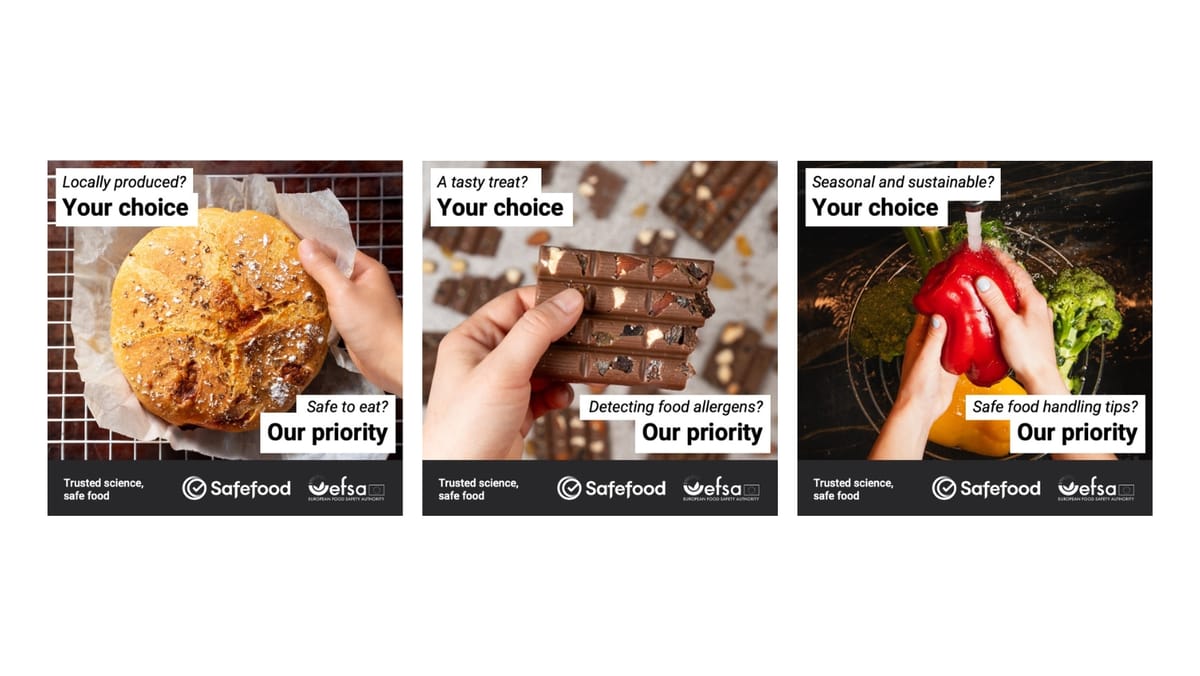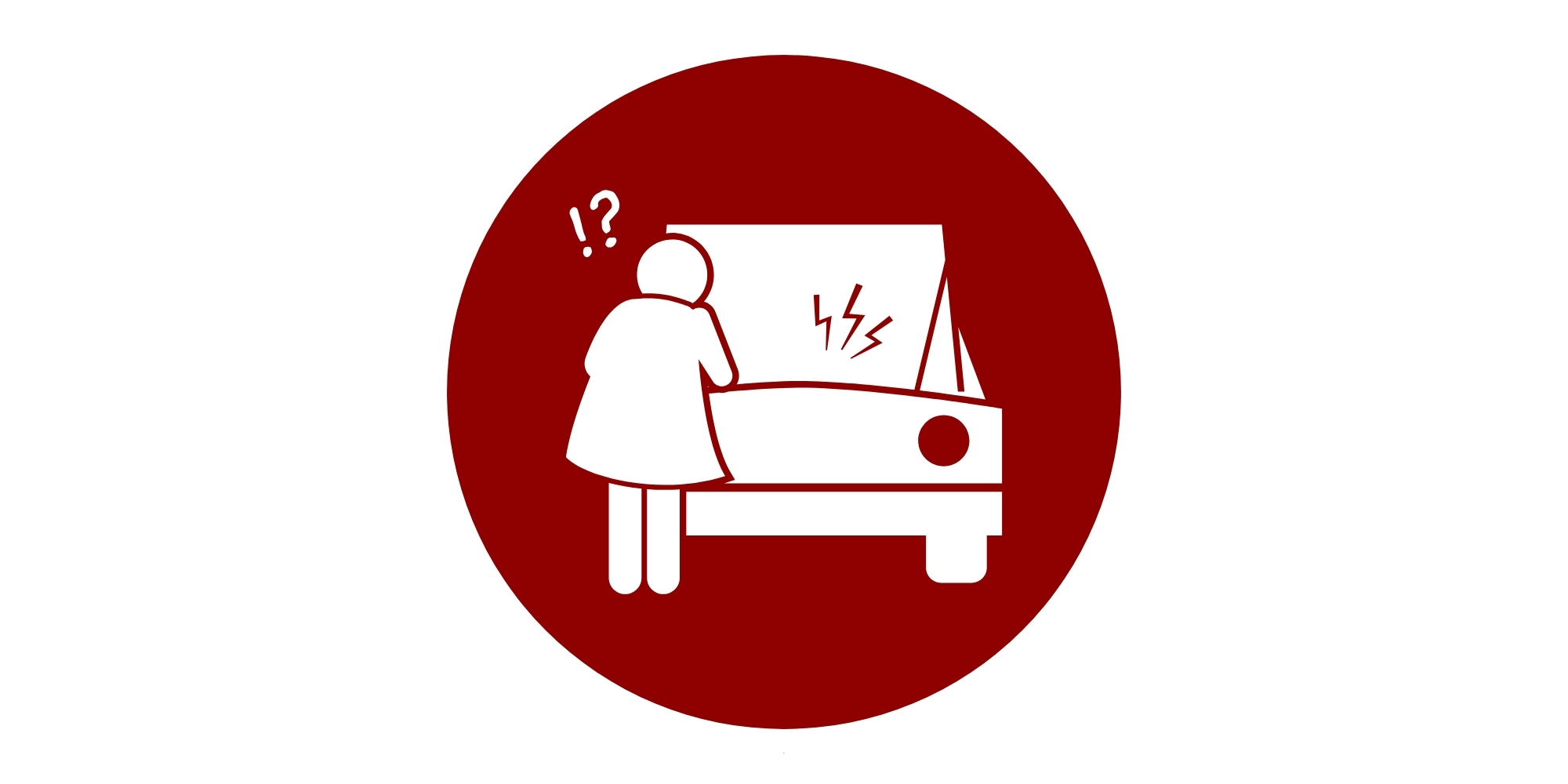Ireland Joins European Initiative to Boost Consumer Confidence in EU Food Safety
Nearly 4 in 10 consumers now actively consider food safety when shopping.

Ireland has officially launched Safe2Eat, a major EU-wide campaign empowering consumers with science-backed food safety information to make smarter, safer food choices. Led by the European Food Safety Authority (EFSA), Safe2Eat has expanded from 18 to 23 countries in 2025, with Safefood representing Ireland as part of this growing European initiative.
Now in its fifth year, the Safe2Eat campaign — formerly known as #EUChooseSafeFood — bridges the gap between food science and everyday decisions. The eight-month campaign provides clear, evidence-based guidance to help consumers navigate key food safety concerns — from storage and preparation to nutrition and ingredient transparency.
Speaking about the campaign, Dr Gary A Kearney, Chief Executive Safefood said: “Partnering with EFSA on Safe2Eat is a major step in protecting public health. Safe food practices are the foundation of well-being, and this campaign ensures Irish consumers have even more knowledge about how to store, prepare, and purchase food safely. At Safefood, we’re proud to support this European initiative in Ireland and help make food safety second nature for consumers.”
A recent Ipsos survey commissioned by EFSA underscores the shift in consumer behaviour, revealing that 40% of those who interacted with Safe2Eat now actively consider food safety when purchasing food — compared to just 35% of the general population. The study also highlights the growing interest in minimally processed foods, as well as a gradual decline in cost as the primary deciding factor.
EFSA’s Executive Director, Dr Bernhard Url added: “As European consumers navigate a complex food landscape; it is essential that they feel empowered to make informed choices. The Safe2Eat campaign bridges the gap between food safety science and everyday decisions, providing clear and practical information that supports consumer confidence. With the expansion to even more countries in 2025, we are taking another step towards ensuring that every European citizen has access to reliable, science-based food safety guidance.”
There are several ways for individuals and organisations to get involved in the Safe2Eat campaign. Free campaign materials are available in multiple EU languages, making it easy to share important food safety messages. Consumers can also visit the campaign’s website to access expert-backed food safety tips and practical advice. Additionally, by using the official hashtag #Safe2EatEU, people can help spread awareness about the science behind safe food and encourage informed food choices across Europe.
Visit the Safe2Eat campaign at efsa.europa.eu/en/safe2eat for more information.
About the campaign
Safe2Eat, formerly known as #EUChooseSafeFood, aims to build on the awareness-raising efforts of previous editions to trigger critical thinking and promote engagement among Europeans regarding food safety. The campaign focuses on three key areas: Safe food practices; food and your health; and what is in your food. This year, the campaign involves 23 European countries, up from 18 in 2024: Albania, Austria, Belgium, Bosnia and Herzegovina, Croatia, Cyprus, Czechia, Estonia, Finland, Greece, Hungary, Ireland, Italy, Latvia, Luxembourg, Montenegro, North Macedonia, Norway, Poland, Romania, Slovakia, Spain and Türkiye.
About EFSA
The European Food Safety Authority (EFSA) is an agency of the European Union set up in 2002 to serve as an impartial source of scientific advice to risk managers and to communicate on risks associated with the food chain. It cooperates with interested parties to promote the coherence of EU scientific advice and provides the scientific basis for laws and regulations to protect European consumers from food-related risks – from farm to fork.
About Safefood
Safefood is an all-island body set up under the British-Irish Agreement Act 1999. Its role is to promote awareness and knowledge of food safety and nutrition on the island of Ireland. It does this by providing food safety and healthy eating advice to the public; carrying out research into food safety; promoting scientific co-operation and links between laboratories; providing independent assessment of the food supply chain and carries out surveillance of diet-related disease. For more see www.safefood.net

